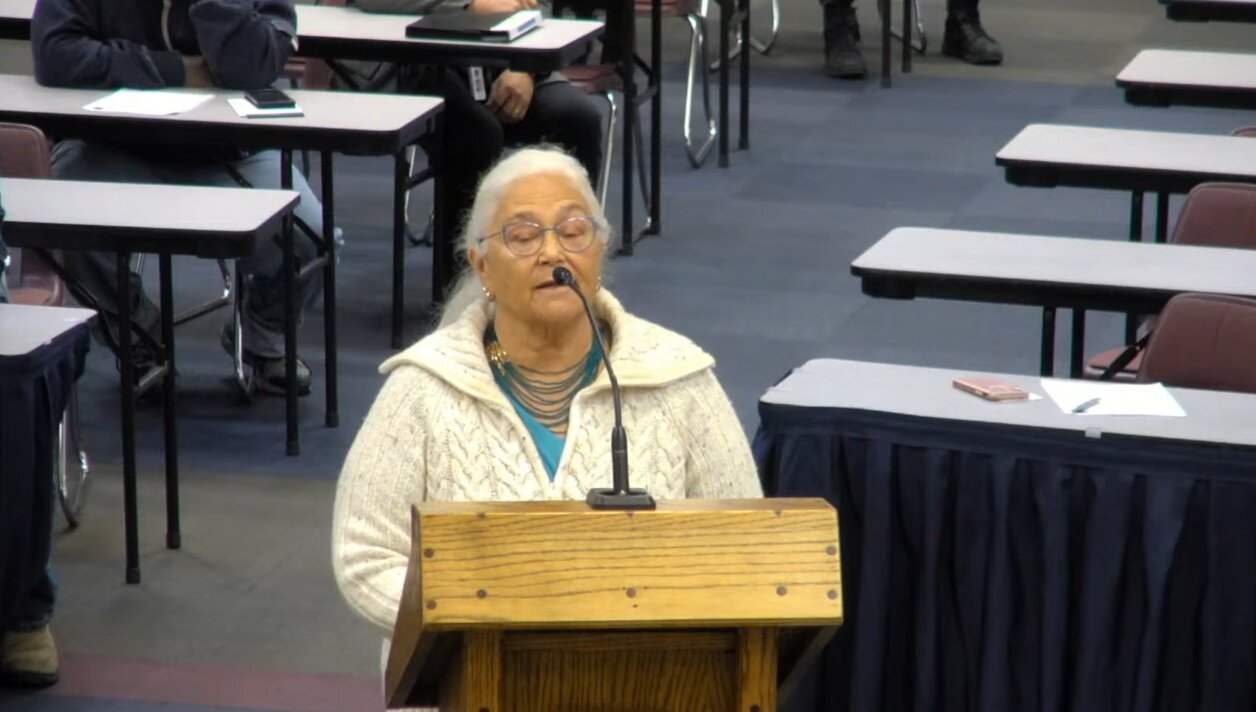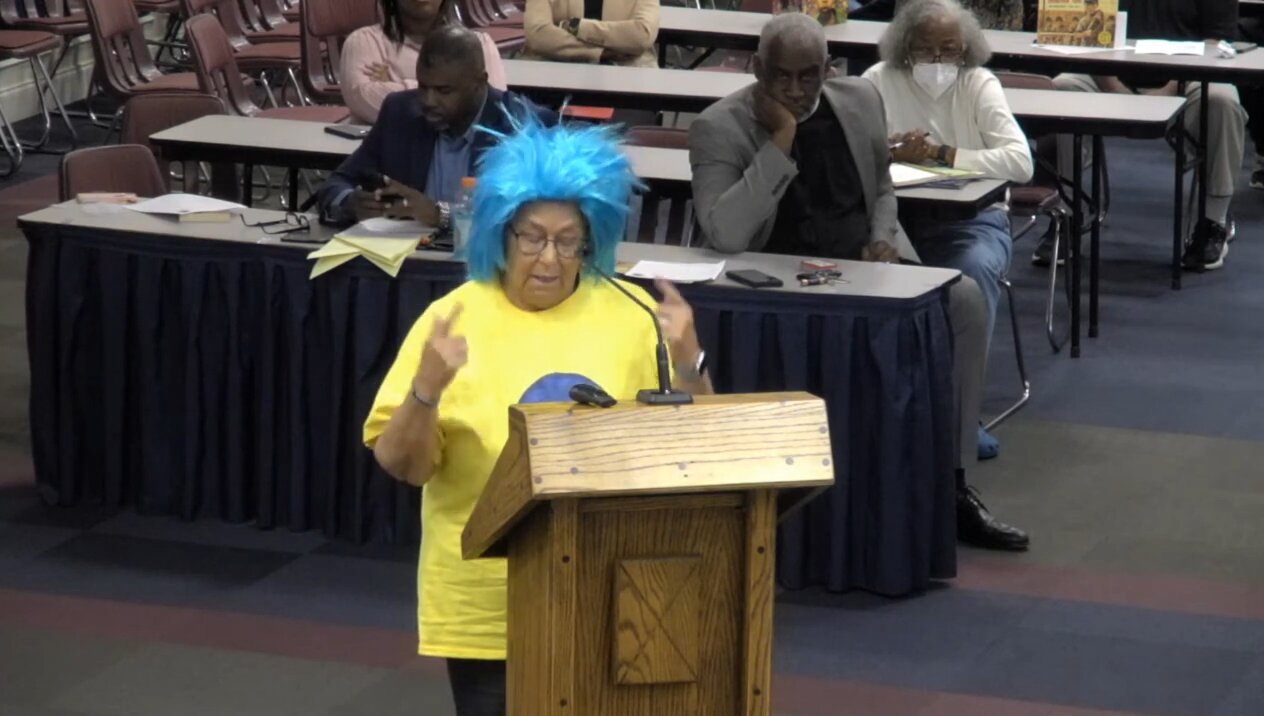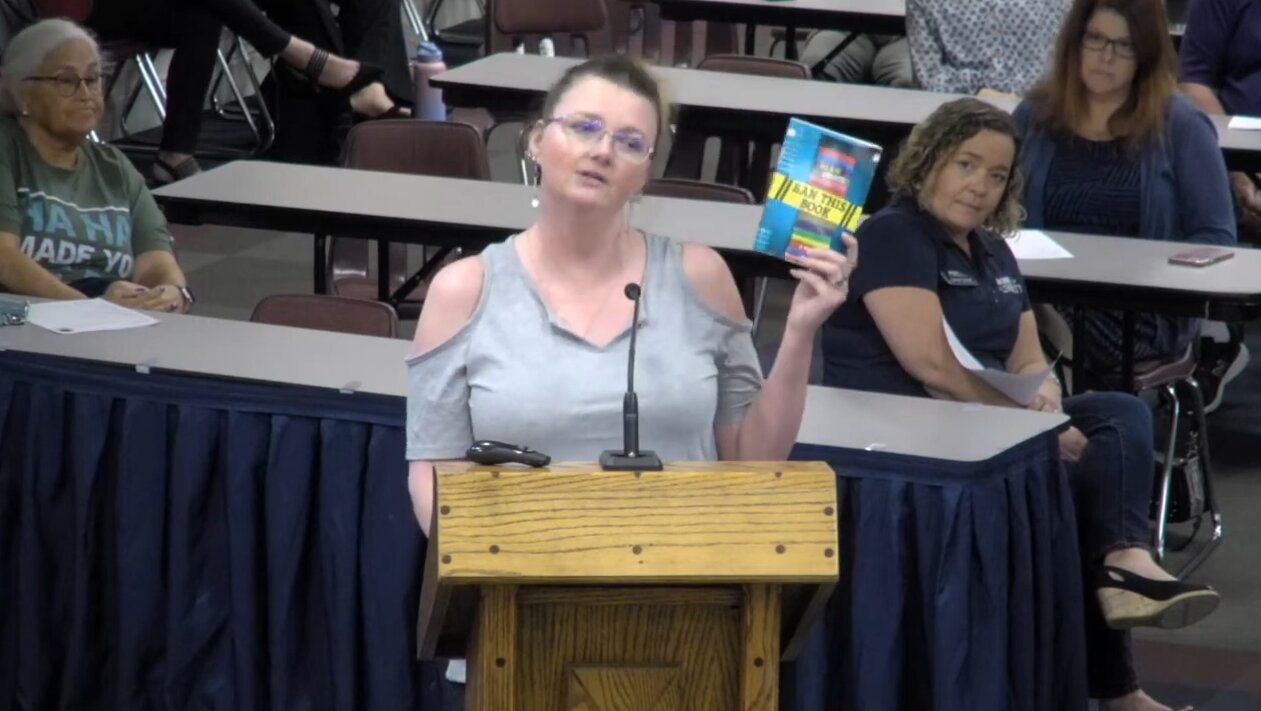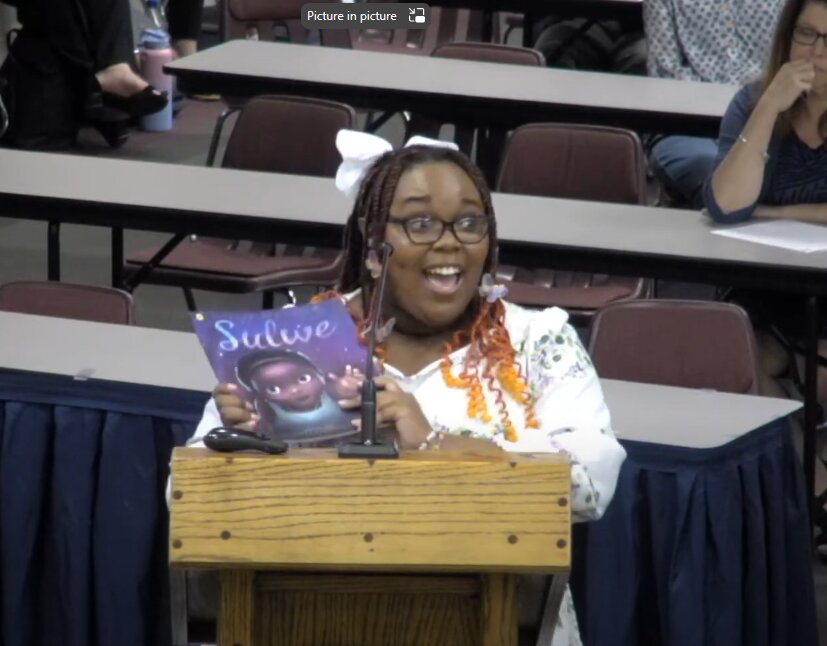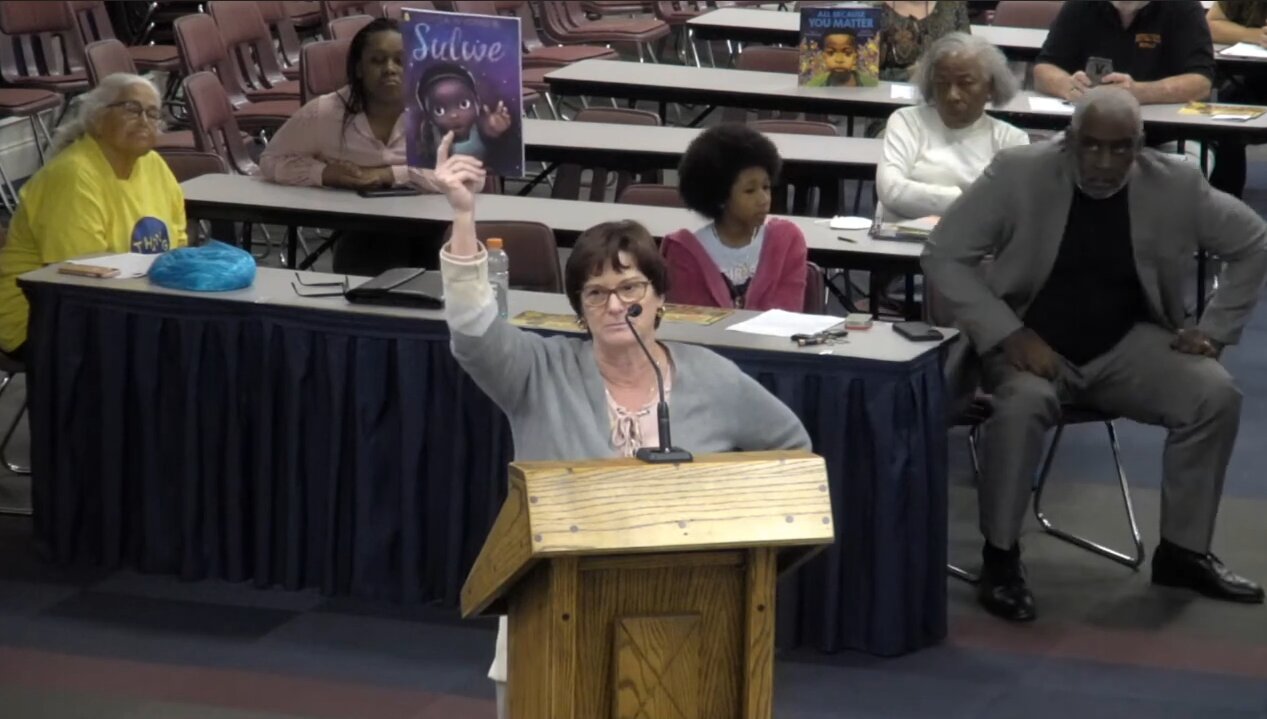This is about protecting our books: Tara Richardson shares her story
This is a three-part editorial series where I navigate the multiple sides of the Clay County “book ban” debate. I had the chance to meet with Tara Richardson, a former teacher and administrator who has served on the book review committee. This isn’t about pornography in public school libraries, she said. This is about silencing marginalized voices and their stories. This is an attack on our books.
It all started with “All Boys Aren’t Blue” by George M. Johnson, Tara Richardson said. The challenge to that book in Clay County District Schools would be the first falling domino in an ever-elongating line. Hundreds of book challenges and hundreds of appeals to any challenges that were not successful, the most of any other county in the nation.
Admittedly, “All Boys Aren’t Blue” is written graphically, she said. It is also a college-level text, she said. But, when you consider programs like AICE, AP and IB, many students are reading at a college level.
The young adult novel follows the speaker’s journey growing up as a queer Black man. The book was pulled from a Clay County school library in 2021. Since then, the ever-widening list of challenged books has disproportionally included authors from marginalized, minority communities.
“A parent can choose the books their own children read. But they cannot make that choice for all the children in Clay County or their parents,” said Richardson at a school board meeting last year.
The whole process has been undemocratic. All it takes is one submitted challenge to pull a book from a public library. Before the school district’s modern media policy, challenged books were pulled from circulation sometimes indefinitely. In response, the readers of Clay County convened at a school board meeting last April to defend against the attack on free speech.
“Books are being pulled from the shelves (when they are) challenged. (Most) have disproportionately affected minority groups, directly or indirectly,” said one resident at a school board meeting in April. “We are a public service entity. We must be in a position to service all parts of the public.”
“You don’t have to read these books, but you should not make that decision for those who choose not to be ignorant of our differences,” said another resident.
“There are many children in this day and age that can’t read proficiently at their grade level. Challenging these books could cause this statistic to increase. We should be pushing and urging students to read any books that they want, instead of depriving them of many options,” said a then current student.
“I brought this book that my sister has recently read. It is about a little girl who feels bad about her skin tone and how she is so dark compared to everybody. When my little sister read this, she literally told me she finally felt comfortable. And I was so happy,” said a then current student.
The book the student held was “Sulwe” by Lupita Nyong'o. It was challenged and therefore removed from circulation last April, but it is now back on the shelves.
A former student was brought to tears as she spoke at the podium.
“We continue to hear in these challenges ‘pornography’ or ‘critical race theory’ or ‘inappropriate content.’ Individuals and groups… began by using extreme examples of books in isolated libraries to get their foot in the door and the prop it open for further removals. Ironically, none of the books in this list (383 at the time of April 6) contain pornography,” she said.
“I am hard-pressed to consider it a coincidence that so many of these books feature LGBTQ+ characters or characters of different races and backgrounds. They are simply existing in these books, and they are being banned," she continued.
One student approached the podium with some books that were on the “reconsidered list”: “The Fault in Our Stars” by John Green, “Unravel Me” by Tahereh Mafi and “They Both Die at the End” by Adam Silvera. All three of these books would eventually be cleared and placed back on shelves. The last book she brought, “The Handmaid’s Tale” by Margaret Atwood, was taught in the AICE program at Oakleaf High. Her friends in AICE could read the book from the school library. She could not.
“The Handmaid’s Tale” is still banned for all students not in collegiate programs.
During an interview, Richardson recounted the spectacle at the April school board meeting. It was at that April meeting that the school board approved a new media policy, which finally allowed challenged books that did not violate FS 847 to be placed back on the shelves. Many of the books brought by students during that meeting found their way back to school libraries, as well.
“It was inspiring. There wasn’t a dry eye in the house. The kids were brave to speak,” Richardson said.
Richardson shared her experience serving on the book review committee. She served on a committee of five that read passages from challenged books that were provided. In reviewing books, the committee casts individual votes to decide whether the book should be removed, removed to another grade level or placed back on the shelf.
“We received many submissions (of book challenges) that simply read ‘Saving Souls’ as the reason.” Richardson said. “Sometimes it would say ‘Saving Souls’ as the reason and also mention a librarian, or media specialist by name. ‘This book should be removed and the (media specialist), too.’”
She said that many media specialists took this as a threat.
(Bruce Friedman responded, "I don’t recall if my typically snarky comments included (that) specifically… I’d prefer we retain our librarians. Most of them aren’t monsters like the one that was fired.")
The main issue, Richardson said, is that challenges have been submitted when it’s obvious that the book hasn’t been read. It’s a disingenuous debacle.
The “book ban” debate is still ongoing, and as consequence has frozen the purchasing of new books in libraries since August of last year, Richardson said. This freeze has stopped the purchases of even SAT and ACT prep books.
“Yes, I know the school board denied so last meeting,” she said. “But, I know that (what the school board said) is not true. They have only just found out about it. High school librarians have told me.”
“We are still at a standstill both with purchasing new books for our school libraries… Why are we at a standstill?” asked one parent at a school board meeting. She continued.
“Because one man has made it his personal mission to keep books out of the hands of Clay County students. A man who continuously harasses and threatens Clay leadership and our media specialists. Many, many people are against what he is doing. People are angry and upset. And yet no one at a higher level is speaking out.”
Richardson said that she’s not a ringleader. She said she’s just a person who has worked in Clay County Schools with the time and interest needed to follow the ongoing issue. She said she is just one voice among many.
“When I was younger, I read banned books because they were banned,” said Richardson at that school board meeting in April. “Now we call them ‘reconsidered.’ The purpose is the same.”
If you want to see if a favorite book is challenged, removed or weeded out visit the District Reconsideration List at https://docs.google.com/spreadsheets/d/1iP1nVObzc_x1LgOUTEwf7w_t9Q7j4zRXan_mTL_6k0I/htmlview#
If you want to voice your opinion, Clay County District Schools is hosting an open forum to discuss the district's new media policy. It will be held at the Teacher Learning Center at Orange Park High on Jan. 16 at 6 p.m.

